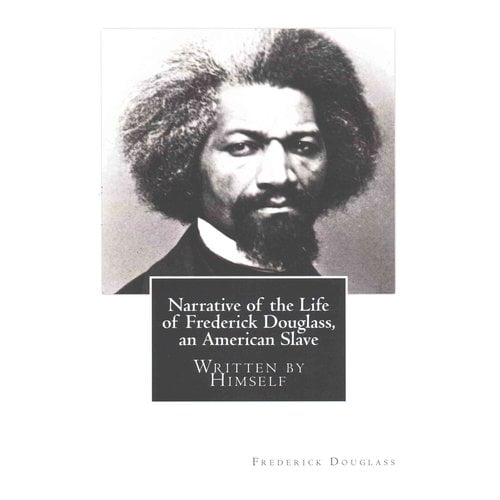

The battle ensues with lots of violence but in the end, nineteen slaves survive and Madison becomes the heroic slave and the captain of the ship. When sailing to the south, Madison mobilizes and leads a rebellion against their masters. Listwell is still willing to help Madison but he runs out of options however, he is not infuriated by his actions (Douglass 36). Violence is evident when Madison and his wife are chased by her master with dogs and weapons his wife is murdered in the chase and he is captured and sold as a slave.

Madison explains that although his escape was successful, he had come back for his wife and was captured in the event. Listwell helps Madison to escape to Canada but is surprised to see him as a slave again. He asserts that friendship is the fundamental beginning of liberty for America since it comes with willingness to cooperate. This event is a clear depiction of Douglass’ thoughts on freedom it should be based on friendship. Litwell remembers him well and treats him like an old friend he is willing to help him escape from slavery (Douglass 14). Madison explains that had spent five years in the woods hiding but his hiding place had been destroyed by fire. The next events are five years later where Madison comes running into Listwell’s residence looking for help. Madison in silence, probably contemplating about the slavery conditions (Douglass 6).

The Heroic Slave is a fictional novella and begins with the protagonist carrying a huge load and complaining about the conditions in slavery. His writing was an attempt to present Washington’s actions as a battle in continuing revolution of the US. Douglass explored the relationship between enslavement and removal from the history of United States. Through the novella, Douglass was able to remind his readers and the entire country about the forgotten events. His writing emphasize on action resulting from friendship as opposed to Stowe who emphasized on moral reforms based on sympathy. In his novella, Douglass developed a notion of involvement of friendship in freedom of United States. The paper will highlight his narrative in relation to violence and will contrast Douglass with Harriet Beecher Stowe. This paper seeks to discuss the ways in which Douglass defines freedom in the Heroic Slave. Douglass made compelling arguments by portraying a heroic slave, the novella’s protagonist. In his writing, Douglass sought to justify his political views and methods to antislavery society. In 1852, Douglass wrote The Heroic Slave, a novella that was based on the leadership of Madison Washington on the Creole, the slave ship. Frederick Douglass an icon of freedom in United States was born in slavery this is arguably what made him become a freedom advocate.


 0 kommentar(er)
0 kommentar(er)
